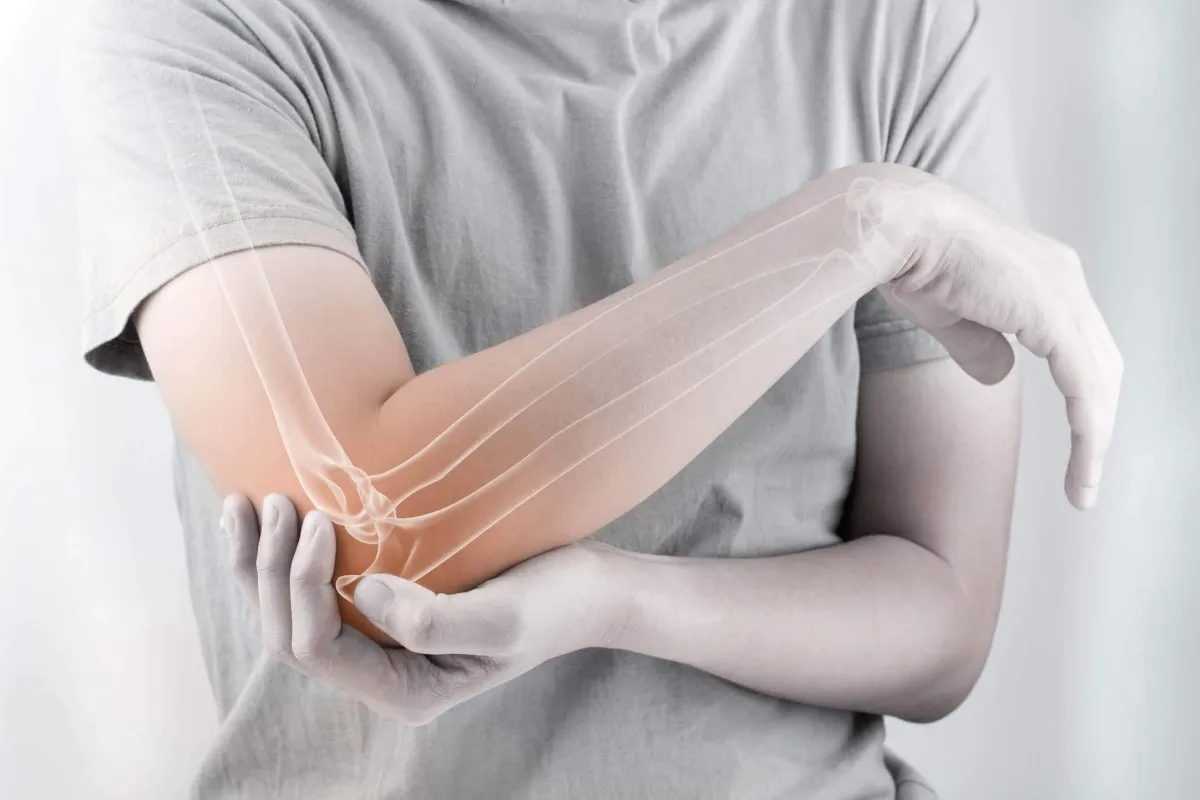
Shoulder Strain Relief for Nurses – Surrey BC
Nurses are the backbone of our healthcare system—but their bodies take a beating in the process. In Surrey and across the Lower Mainland, we work with countless nurses dealing with chronic shoulder pain, rotator cuff strain, and upper back tightness caused by long shifts, awkward postures, and physically demanding patient care.
This blog covers what causes shoulder strain in nurses, how to manage flare-ups, and what proactive steps you can take to feel better fast.
Why Nurses Are Prone to Shoulder Strain
Nurses face a unique mix of repetitive strain, sudden physical demands, and poor ergonomic conditions. These factors combine to put enormous stress on the shoulders, neck, and upper back.
Common causes of shoulder strain in nurses include:
· Patient transfers and lifting (often done without ideal positioning)
· Charting and documentation at poorly set-up stations
· Reaching overhead for supplies or equipment
· Working long shifts without regular rest or recovery
· Stress and tension, which can lead to poor posture and muscle tightness
Over time, these habits lead to conditions like rotator cuff tendinopathy, impingement syndrome, biceps tendonitis, and upper trapezius strain. Left untreated, these issues can become chronic, affect sleep, and even force time off work.
What Shoulder Strain Feels Like (and When to Get Help)
Not all shoulder pain feels the same. Some nurses notice a dull ache after shifts, while others experience sharp pinching pain with overhead movements.
Common symptoms of shoulder strain:
· Pain when lifting arms or reaching behind your back
· Weakness or fatigue in the arm
· Clicking or grinding in the shoulder joint
· Tightness that spreads to the neck and upper back
· Tingling down the arm (in more severe cases)
If the pain doesn’t improve after a few days, gets worse with use, or affects your work or sleep, it’s time to get assessed. The earlier we treat it, the faster your recovery.
5 Tips to Reduce Shoulder Strain at Work
1. Modify Your Movements
When transferring or repositioning patients, avoid twisting and reaching overhead at the same time. Instead:
· Keep the load close to your body
· Use your legs to drive movement, not your back or shoulders
· Use gait belts and lifting aids whenever available
Even small changes in technique can protect your joints over time.
2. Take Micro Breaks
You might not get long breaks—but you can squeeze in 1–2 minute posture resets throughout your shift.
Try:
· Wall angels (if you have a private corner)
· Neck rolls and shoulder shrugs
· Pec doorway stretches
These quick resets reduce stiffness and boost circulation. We provide free micro-stretch guides tailored for nurses at Surge Wellness—ask us and we’ll send you a copy.
3. Strengthen Your Scapular Muscles
Pain often starts when your shoulder blade muscles stop doing their job. Strengthening the mid-back, rotator cuff, and postural muscles helps prevent strain.
Great exercises for nurses:
· Scapular retractions (with or without resistance bands)
· Face pulls
· Wall push-ups
· Resistance band external rotations
Our physios and massage therapists can guide you through a tailored strengthening program that fits your schedule—even if you only have 10 minutes a day.
4. Improve Your Sleep Setup
Many nurses unknowingly worsen their shoulder pain while sleeping. Avoid sleeping directly on your sore side. Try:
· Sleeping on your back with a small pillow under the arm
· Or on your non-affected side with a pillow hugging your top arm
· Avoid sleeping with your arms overhead or tucked under your pillow
Better sleep positioning reduces overnight inflammation and speeds recovery.
5. Get Treated—Don’t Wait Until It’s “Bad Enough”
We know—nurses are tough. But shoulder issues don’t always fix themselves. The longer you wait, the more the body compensates, leading to neck pain, headaches, or even numbness down the arm.
Why Nurses in Surrey Trust Surge Wellness
We’ve helped hundreds of nurses, care aides, and healthcare workers recover from shoulder injuries, stay on top of their health, and avoid time off work.
What makes us different?
· We understand shift work and tailor plans to your real-life schedule
· We offer combo care: massage and physio working together
· We know your benefits plan and make it easy to use
· We send simple at-home stretches and posture tips so you’re supported between visits
· We're located in the heart of Surrey, making it easy to pop in after a shift or on your day off
We also treat WorkSafeBC and injury claims, so if your shoulder pain is due to a workplace strain, we can help you recover and file the necessary documents.
Real Talk: When to See a Physio or RMT
You should come in if:
· You’ve had shoulder or neck pain for more than 5 days
· You feel a burning or tingling sensation in your arm
· You notice weakness or difficulty lifting objects
· You’ve had a shoulder injury in the past and it’s acting up again
· You simply want to prevent injury during long shifts
Take Care of Your Shoulders So You Can Keep Taking Care of Others
You spend your day taking care of everyone else—don’t forget to take care of yourself.
Shoulder strain is common in nursing, but it’s not inevitable. With the right treatment, proper movement strategies, and consistent support, you can feel stronger, move better, and avoid long-term damage.